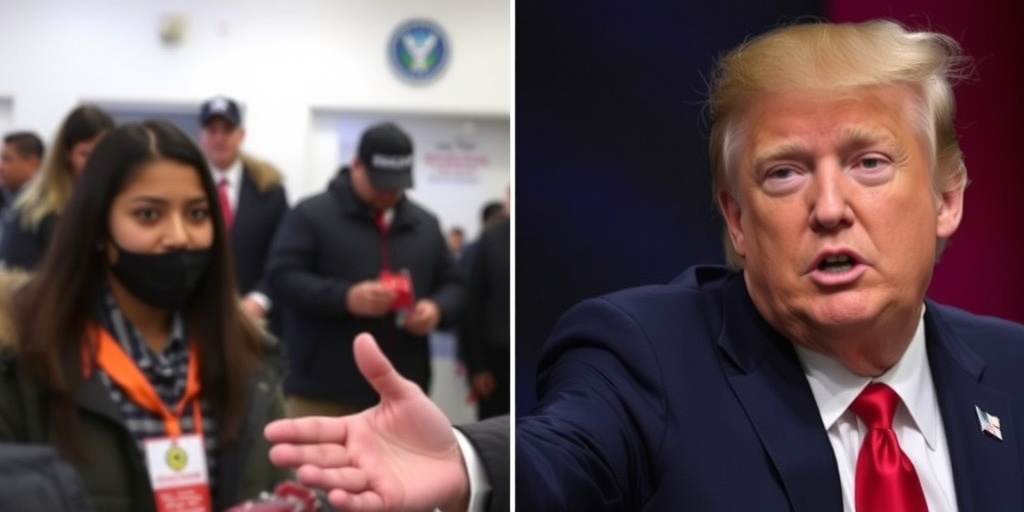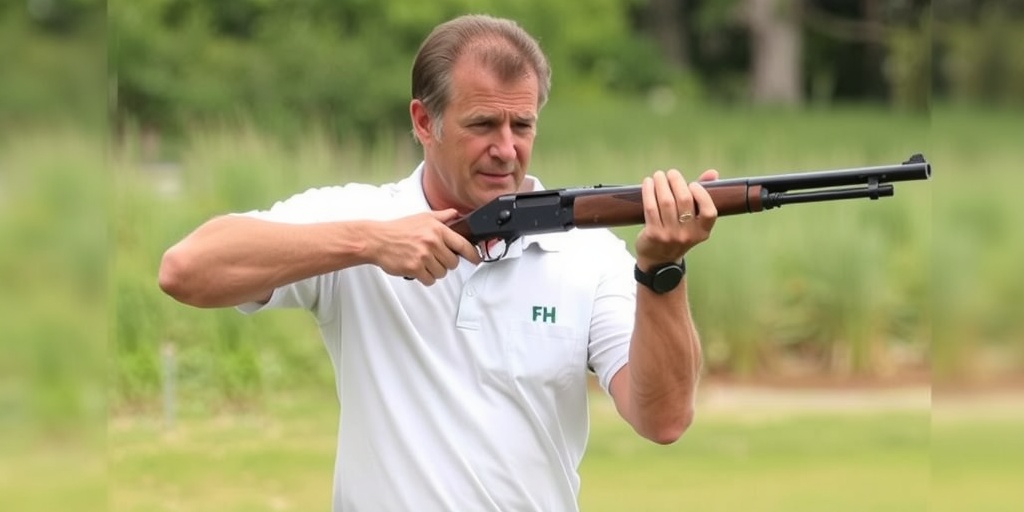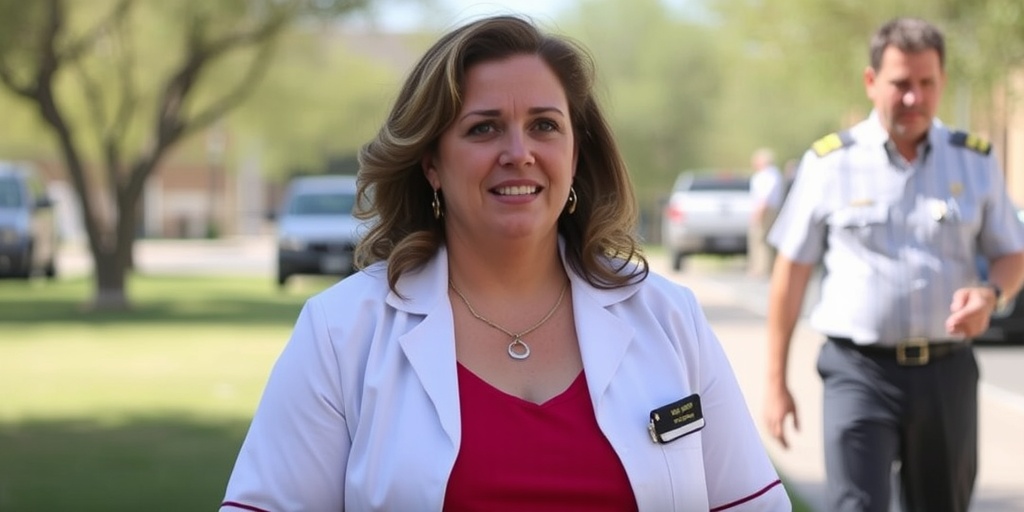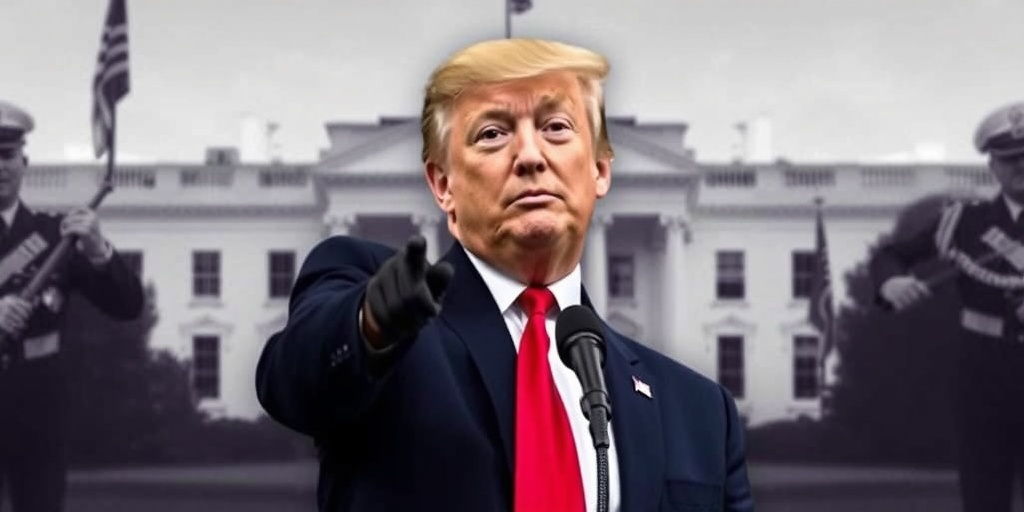Now Reading: El Salvador’s Nayib Bukele Sees Opportunity in Trump’s Deportation Policies
-
01
El Salvador’s Nayib Bukele Sees Opportunity in Trump’s Deportation Policies
El Salvador’s Nayib Bukele Sees Opportunity in Trump’s Deportation Policies
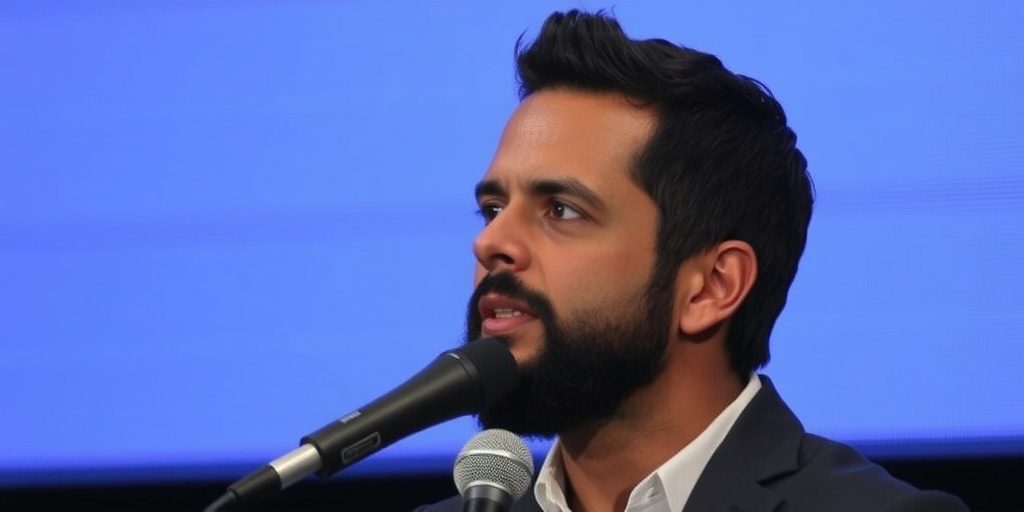
Title: El Salvador’s President Bukele Welcomes U.S. Deportations Amid Controversy
In a dramatic turn of events, shortly after the Trump administration deported hundreds of Venezuelans to El Salvador over the weekend, President Nayib Bukele of El Salvador released a striking three-minute video on social media. The footage showed restrained men being led off a plane accompanied by an intense electronic soundtrack, arriving at a prison where they were subsequently shaved bald. This unusual public display was Bukele’s way of signaling his robust support for the Trump administration’s deportation strategy.
The Salvadoran president aimed a social media jab at a U.S. judge who attempted to halt the deportations, cheekily remarking on X (Twitter), "Oopsie … Too late," accompanied by a laughing emoji. The video shared by Bukele quickly garnered attention, receiving support from figures like Secretary of State Marco Rubio and tech mogul Elon Musk. Former President Trump himself expressed his gratitude to Bukele through social media platforms, proclaiming, "We will not forget!"
Bukele’s involvement in the Trump administration’s deportation efforts highlights a burgeoning global presence for the 37-year-old leader, who has gained notoriety in Latin America since his election in 2019. Last year, he was re-elected in a landslide victory, reflecting immense popularity attributed to his aggressive approach in combating gang violence through heightened law enforcement measures.
Known as Latin America’s most popular leader, Bukele has implemented significant crackdowns on gang activities, despite concerns regarding civil liberties and allegations from U.S. prosecutors of negotiating with these very gangs. His recent cooperation with the Trump administration solidifies his image as a vital ally in the region.
By leveraging social media, Bukele fosters a casual yet controlled image, often seen donning a backward baseball cap and aviator sunglasses. His administration had previously enacted a long-standing state of emergency following a spike in gang violence, allowing law enforcement extensive powers to conduct mass arrests. However, human rights organizations have raised alarms over this heavy-handed approach, claiming many innocent individuals have been ensnared due to lack of due process during these operations—about 85,000 Salvadorans have been apprehended and many remain unaccounted for in the prison system.
Critics of Bukele have accused him of undermining democracy, a label he seems to embrace humorously, referring to himself as the world’s "coolest dictator." His government regularly releases highly stylized footage portraying the aftermath of these mass arrests, often depicting shirtless detainees or prisoners engaged in arduous labor under strict supervision.
Bukele’s recent alignment with the Trump administration in terms of emergency security measures and the promotion of cryptocurrency Bitcoin has garnered applause from Trump’s inner circle. His modern policies seem to resonate well in Washington, further solidifying his role as a key regional player. Their relationship deepened during Bukele’s recent meeting with Elon Musk at a Tesla facility in Texas, followed by a tour of the presidential residence in San Salvador with Rubio. During the visit, Bukele offered to accommodate deportees of any nationality in exchange for financial compensation.
In the latest deportation efforts, the Salvadoran government is set to receive $6 million from the U.S. for taking in deported Venezuelans, who authorities allege are connected to the Tren de Aragua gang. However, no concrete evidence has been provided regarding their criminal backgrounds, raising concerns among Venezuelan families about the fate of their loved ones.
The deportations triggered widespread panic at home, as families feared for the safety of their relatives potentially handed over to Salvadoran authorities. Meanwhile, in a twist of irony, the day after Rubio’s announcement outlined the deportations, the Salvadoran ambassador to the U.S. stated that Bukele requested to receive MS-13 leaders from the U.S. back to El Salvador, terming it "a matter of honor." Rubio corroborated this by identifying two Salvadoran men sent back as "dangerous top MS-13 leaders."
Bukele’s complex relationship with MS-13 further complicates his presidency. Under Biden’s administration, the U.S. Department of Justice accused Bukele of negotiating clandestine pacts with certain gang factions to maintain a lower homicide rate, allegedly granting them privileges in exchange for reduced violence. The U.S. Treasury even imposed sanctions on his administration for such dealings, and accusations that Bukele assisted an MS-13 leader in escaping extradition continue to haunt him, despite his denials.
Moreover, Bukele announced that deportees would face at least a year of detention and contribute labor, part of his "Zero Idleness" initiative to keep them occupied. He emphasized in his social media communications that these flights were just the beginning.
The ramifications of such deportations remain a topic of significant concern both in El Salvador and the U.S., as Bukele and his administration tread a fine line between maintaining public safety and facing accusations of human rights abuses. The unfolding situation necessitates close scrutiny as it has implications for the future of U.S.-Latin America relations and the fate of thousands caught in the crossfire of its policies.
Stay Informed With the Latest & Most Important News
Previous Post
Next Post
-
 01New technology breakthrough has everyone talking right now
01New technology breakthrough has everyone talking right now -
 02Unbelievable life hack everyone needs to try today
02Unbelievable life hack everyone needs to try today -
 03Fascinating discovery found buried deep beneath the ocean
03Fascinating discovery found buried deep beneath the ocean -
 04Man invents genius device that solves everyday problems
04Man invents genius device that solves everyday problems -
 05Shocking discovery that changes what we know forever
05Shocking discovery that changes what we know forever -
 06Internet goes wild over celebrity’s unexpected fashion choice
06Internet goes wild over celebrity’s unexpected fashion choice -
 07Rare animal sighting stuns scientists and wildlife lovers
07Rare animal sighting stuns scientists and wildlife lovers














